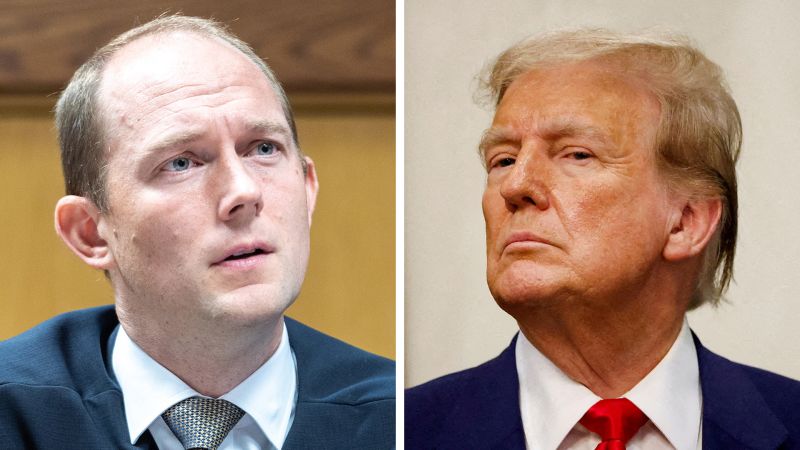An Atlanta-area judge upheld the criminal indictment against former President Donald Trump in Georgia, rejecting the argument that his efforts to overturn the 2020 election were protected under the First Amendment. Judge Scott McAfee stated that the defense had not presented any authority to support the claim that Trump’s speech and conduct were protected political speech. This ruling is a step forward in the state racketeering case against Trump, although a trial date has not been set for him or his 14 co-defendants in Georgia.
Despite the suggestion from Fulton County District Attorney Fani Willis that she would be ready for trial as soon as August, McAfee has not set a trial date. Trump’s fellow defendants are considering seeking a gag order against Willis due to her public comments about the case. McAfee’s decision to uphold the indictment comes as the free speech defense has not been successful in election meddling cases. The court found that the defendants’ expressions and speech were alleged to be made in furtherance of criminal activity and constituted false statements knowingly and willfully made with the intent to deceive and harm the government.
McAfee had previously rejected similar First Amendment challenges from other defendants in the case. In a federal election interference case, Judge Tanya Chutkan also rejected the argument that Trump’s actions should be considered protected political speech. The Fulton County district attorney’s office declined to comment on McAfee’s order. Trump’s lawyer in Georgia, Steve Sadow, stated that Trump and the other defendants respectfully disagree with the ruling and will explore their options. The court’s ruling indicated that the defendants could raise their challenges again after the establishment of a factual record.
During a hearing on the First Amendment issue, Sadow argued that Trump’s attempts to challenge the Georgia election results were considered core political speech and protected from government restrictions. On the other hand, Donald Wakeford, a Fulton County prosecutor, argued that the First Amendment arguments should be heard by a jury rather than decided in pre-trial motions. Wakeford also stated that Trump was charged because his election lies were used as part of criminal activity with criminal intentions. The case continues to evolve, and additional updates are expected as it progresses.


